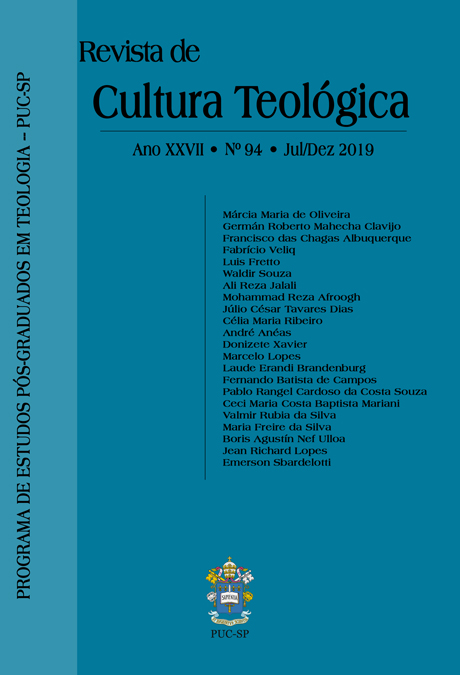Protestantism and intolerance: pathways for interdenominational dialogue
DOI:
https://doi.org/10.23925/rct.i94.41675Keywords:
Protestantism, intolerance, interdenominational dialogueAbstract
This article aims to illuminate the past of Protestantism and, based on historical reflection, provide ways to overcome the challenges of interdenominational dialogue in contemporary christianity, so marked by religious intolerance. The Protestantism of Right Doctrine (PRD), an ideal type defined by Rubem Alves and whose emphasis is on the Confession of the Right Doctrine, is still heard in contemporary times. Its repressive character and distinct characteristics, such as the detention of absolute truth, warlike climate and, consequently, intolerance, still have active representatives in the brazilian religious scene. The historical site of the constitution of the PRD is located in the XVI and XVII centuries, the stage of the catholic Counter-Reformation and the religious wars in Europe. Only with a critical analysis of this past it is possible to establish alternatives for containing religious intolerance in this christian segment.Downloads
Published
2019-12-24
How to Cite
Anéas, A., & Xavier, D. (2019). Protestantism and intolerance: pathways for interdenominational dialogue. Revista De Cultura Teológica, (94), 134–144. https://doi.org/10.23925/rct.i94.41675
Issue
Section
Artigos


